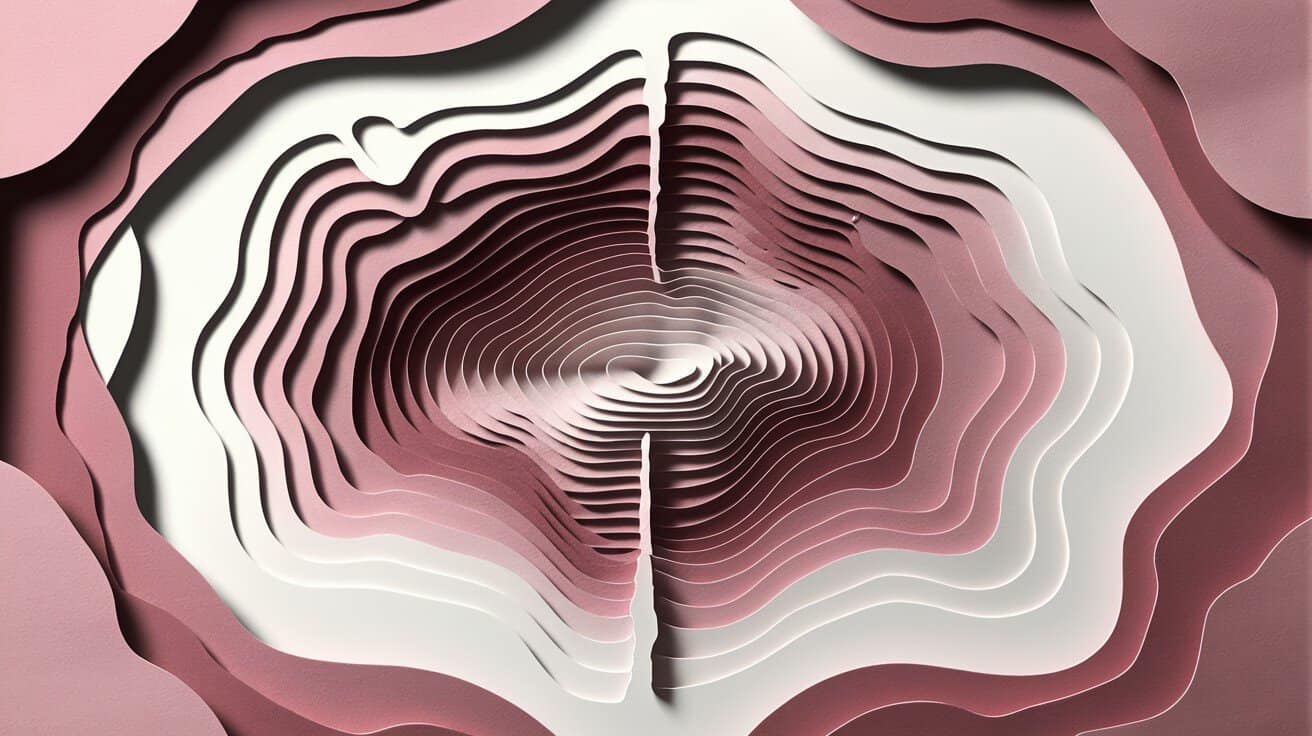I remember the first time I realized depression wasn’t just “in my head.” My body ached, my stomach churned, and I felt physically ill. It was confusing and scary – how could emotional pain manifest in such real, physical ways?
If you’re experiencing physical symptoms alongside depression, you’re not alone. The connection between our mental and physical health runs deeper than many realize, and yes, depression can absolutely make you feel physically sick.
Understanding the Mind-Body Connection
Our bodies and minds aren’t separate systems – they’re intimately connected through complex networks of hormones, nerves, and chemical messengers. When depression strikes, it doesn’t just affect our thoughts and emotions; it triggers a cascade of physical changes throughout our entire body.
Think of it like a pebble dropped in a pond. The initial impact (depression) creates ripples that spread outward, affecting everything from our immune system to our digestive tract. This isn’t weakness or imagination – it’s biology. These ripples can lead to a cascade of physical symptoms, as our body responds to the emotional turmoil we experience. In this context, understanding existential dread becomes crucial; it allows us to acknowledge the connection between our mental state and our overall health. By recognizing this interplay, we can adopt healthier coping mechanisms and foster resilience in the face of life’s challenges.
Common Physical Symptoms of Depression
The physical manifestations of depression can be surprisingly diverse and intense:
Pain and Aches
Your body may feel heavy, achy, or tender – similar to how you feel when fighting off the flu. This isn’t “just in your head” – depression can actually lower your pain threshold and amplify physical discomfort.
Digestive Issues
Nausea, stomach aches, and changes in appetite are common. Some days food might seem completely unappetizing, while other times you might find yourself seeking comfort in eating.
Fatigue and Sleep Problems
Depression can leave you exhausted yet unable to sleep properly. It’s like your body’s energy management system has gone haywire, making even simple tasks feel overwhelming.
Why Depression Hurts: The Science Behind It
Depression triggers inflammation throughout the body – it’s like your internal stress response system gets stuck in the “on” position. This leads to real, measurable changes:
- Increased stress hormones like cortisol
- Changes in brain chemistry affecting pain perception
- Disrupted sleep patterns impacting physical recovery
- Altered immune system function
These aren’t imaginary symptoms – they’re documented biological responses that researchers continue to study and understand better each year.
Finding Relief: Healing Both Mind and Body
The good news is that addressing depression can help alleviate both emotional and physical symptoms. Here’s what helps:
Professional Support
Working with mental health professionals who understand the mind-body connection is crucial. They can help you develop strategies for managing both psychological and physical symptoms.
Movement and Exercise
Even gentle movement can help reduce inflammation and boost mood-enhancing chemicals in your body. Start small – a short walk or gentle stretching counts.
Sleep Hygiene
Creating better sleep habits can help break the cycle of physical discomfort and emotional distress. Focus on consistent sleep times and creating a calming bedtime routine.
Mind-Body Practices
Techniques like deep breathing, meditation, or yoga can help regulate your body’s stress response system and reduce physical symptoms.
When to Seek Immediate Help
While physical symptoms of depression are common, certain signs warrant immediate medical attention:
- Severe or persistent pain
- Difficulty breathing
- Chest pain
- Thoughts of self-harm
Don’t hesitate to reach out to healthcare providers about physical symptoms – they’re a real part of depression that deserves attention and care.
The path through depression isn’t just about healing the mind – it’s about caring for your whole self, body and soul. Remember, you’re not imagining these physical symptoms, and you’re not alone in experiencing them. With proper support and understanding, both your mind and body can find relief and begin to heal.
If you’re struggling with physical symptoms of depression, reach out to a healthcare provider or mental health professional. Your physical pain is valid, and help is available. Together, we can work toward healing both the visible and invisible effects of depression.


